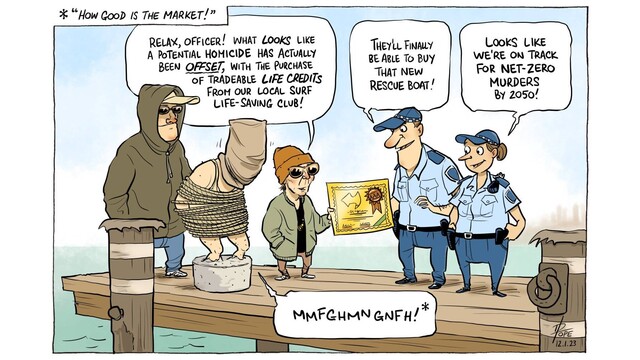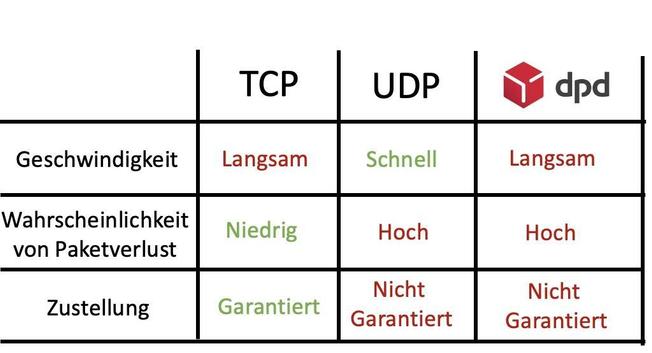"""
A man told me with puzzlement about his most rebellious childhood friend, Henry. Henry flouted authority at every turn: in the way he wore his hair (sticking straight out in all directions), the way he dressed (flamboyantly, absurdly), the things he did (making crank phone calls, publicly ridiculing teachers), the way he planned his future (he refused to go to college; instead, he left the country). But several years later, Henry returned to the United States — transformed into a traditionalist. For example, he insisted that friends who visited him must bring their wives, because wives were supposed to accompany their husbands everywhere. And his political views became more and more conservative.
The rebellious youth who turns into an authoritarian adult is a commonly observed paradox. I recall being surprised at first to hear Charlotte Linde's observation that policemen whose conversations she had studied talked frequently about what "bad boys" they had been, trading stories about their youthful escapades and how cleverly they had broken the law in their wild days. This seeming puzzle returned to me, the pieces now fitting together, as I came to understand the view of the world as a hierarchical social order. "Born rebels" who defy authority are not oblivious of it, but oversensitive to it. Defying authority is a way of asserting themselves and refusing to accept the subordinate position. When they are old enough, or established enough, to take the dominant position, reinforcing authority becomes the way to assert themselves, since the hierarchy is now operating to their advantage.
"""
(Deborah Tannen, You Just Don't Understand)
This just rang a bell with regard to all this talk of people becoming more conservative as they age. So apparently they were always conservative — just being conservative didn't work to their advantage before. It also explains a lot about the Polish left-wing, or "center", or however-they-call-themselves-today parties.


